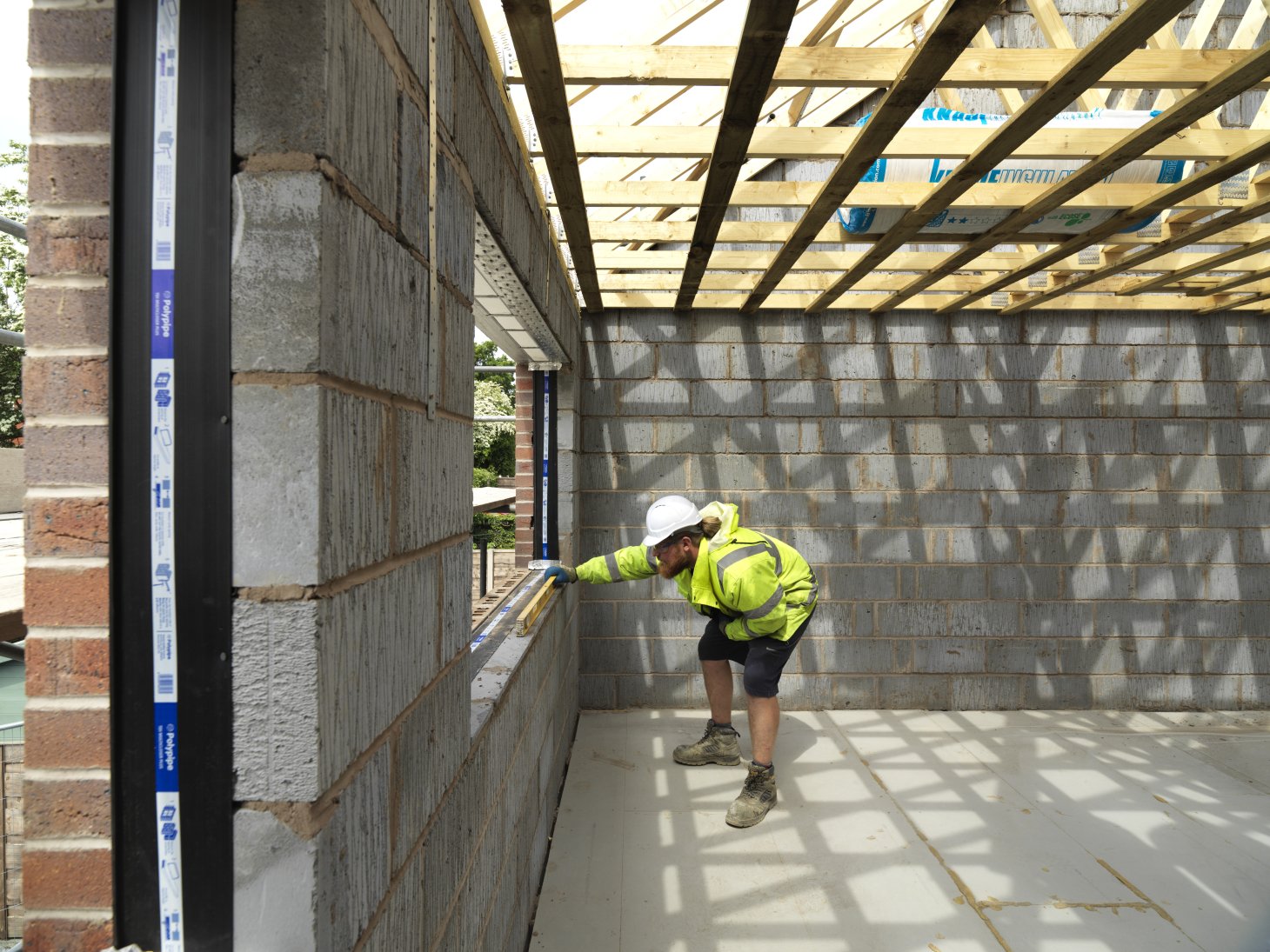
The self (or custom) build market now accounts for 15,000 new homes each year – a rise of 50% in the last two years - and Homes and Communities Secretary Robert Jenrick has announced a review into local authority self-build registers to see if they are working effectively to support this growing demand.
A recent survey conducted by self build advocates the National Custom and Self Build Association (NaCSBA) suggests that around a third of people are interested in building their own home, with 9% saying that this was a realistic ambition for them in the future.
The UK has traditionally been an outlier with far fewer homes built by their owners than in other European countries. However, this could be changing.
As legislation is backing people’s right to build, so demand is increasing. According to the NaCSBA survey, it’s a particularly strong ambition for younger people, with 48% of those between 18-24 being interested.
This research was carried out in the midst of Coronavirus restrictions, which have certainly focused attention on how well – or badly – people’s homes meet their needs and wants.
Since 2016, local authorities across England have been keeping a register of people and groups interested in building their own homes and by 30 October each year every local authority should have granted planning permission to enough suitable plots to match the demand on their register.
It is this process that is the subject of Robert Jenrick’s review and the review is coupled with a commitment to publish the annual data that councils collect on self and custom build in their areas.
“We are backing people who want to design and build their own home and today I have launched a review to ensure councils provide enough land and take proper consideration for these homes when making planning decisions in their area.”
This support follows the recent Planning for the future white paper, published in August, which includes proposals to explore how publicly-owned land disposal can support SMEs and the self build sector.
Aircrete blocks are a popular choice for the self-builder, combining flexibility in terms of design with the reassurance of a material that will continue its robust performance for generations.